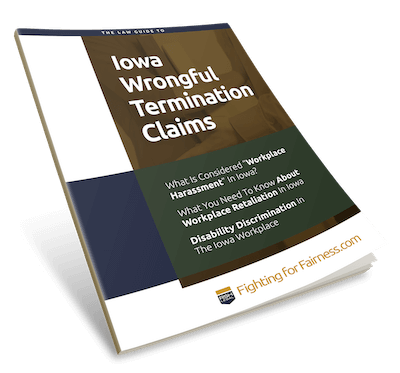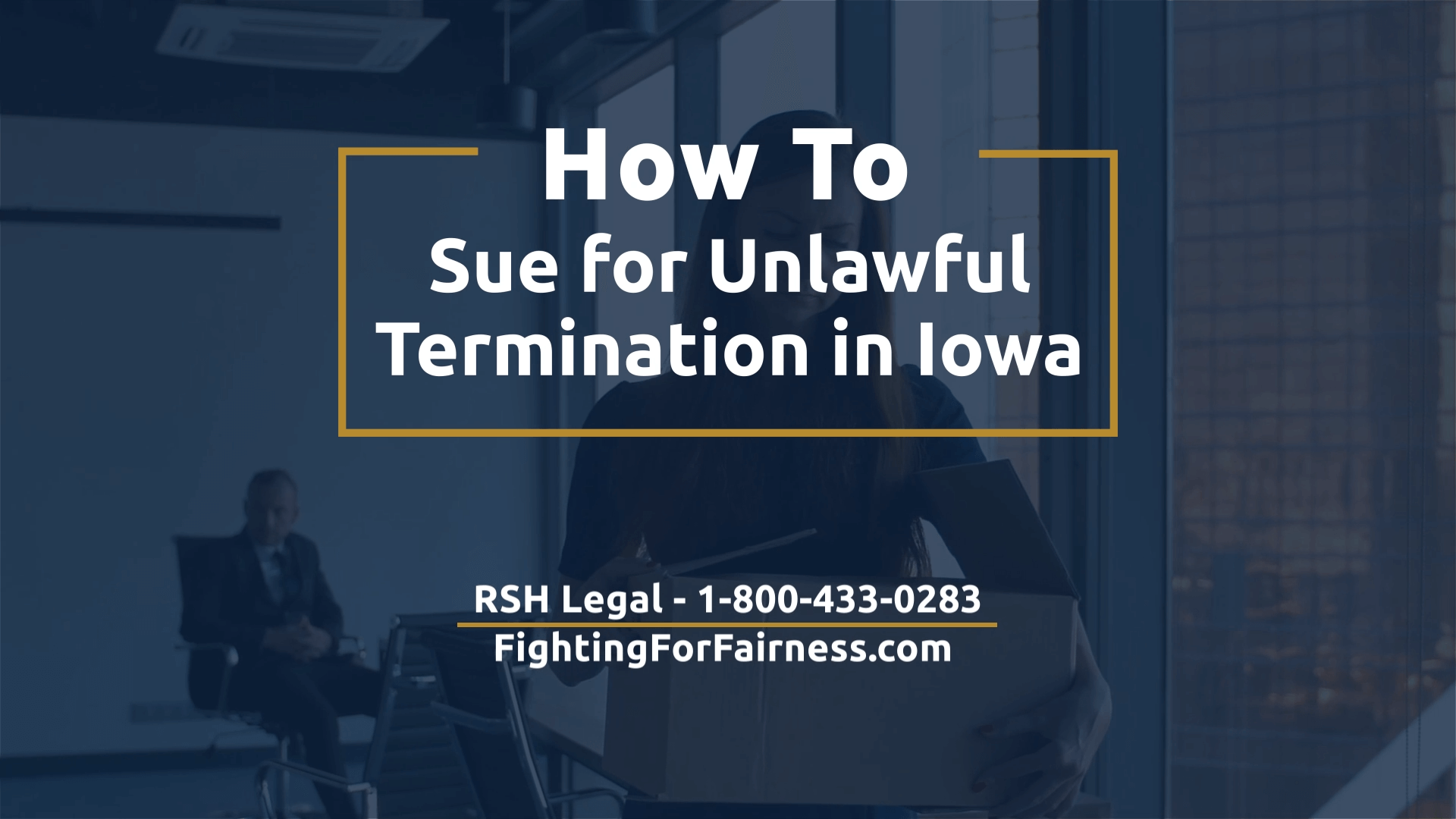You’ve likely heard the term “whistleblower” as it relates to employment. Most of us have an understanding that if you are a “whistleblower”, you are protected from retaliation. However, the law places specific limits on what activities count as “whistleblowing” and when retaliation becomes illegal.
When Are You Considered a Whistleblower in Iowa?
First, it is important to understand that employees who work for public entities and employees who work for private companies have different rights. Technically, only public employees are classified as “whistleblowers” under the law.
Employees who work for the private sector and engage in similar conduct also have legal recourse called a “wrongful termination” claim.
Iowa Whistleblowing Act
Employees who work for a public entity in the state of Iowa receive protection under Iowa’s Whistleblowing Act.
Under the statute, a public employee is protected from specific negative employment decisions such as termination in retaliation for reporting the following kinds of behavior:
· Violation of law or rule;
· Mismanagement;
· Gross abuse of funds;
· Abuse of authority;
· Substantial dangers to the public health or safety.
This statute, again, applies to public employees. It provides grounds for a person who acts as a whistleblower and is retaliated against to bring a lawsuit.
Private Employees and Whistleblowing
What if you are an employee for a private company? You may also have some protections if you engage in specific kinds of protected activity that are clearly recognized in the public policy of the state of Iowa.
For example, the following types of activities may qualify as “protected activity” for which you should not be retaliated against:
· Exercising your right to workers’ compensation benefits;
· Reporting or refusing to participate in illegal activity;
· Fulfilling mandatory reporting obligations such as for child or dependent adult abuse;
· Reporting significant workplace safety issues to OSHA;
· Other similar activities.
These protections may extend to employees of both public and private entities and provide the basis for a “wrongful termination” case under Iowa law.
Iowa Whistleblower Deadlines
Under either a statute-based “whistleblower” claim or the “wrongful termination” type case recognized by our courts, you will need to comply with specific deadlines.
If you are a public employee, you may also have internal procedures available to you for protection. Your deadline will depend on the specific issues in your case and whether you have additional types of claims – for example, based on protected class discrimination – as well. An experienced employment law attorney can help you to understand what deadlines may apply to your case.
If you are a public employee who has engaged in whistleblowing or you are an employee of a public or private employer and have engaged in what you believe may be protected activity, we may be able to help. RSH Legal offers a free, no-obligation case evaluation. To schedule yours, call 1-800-433-0283 today.




